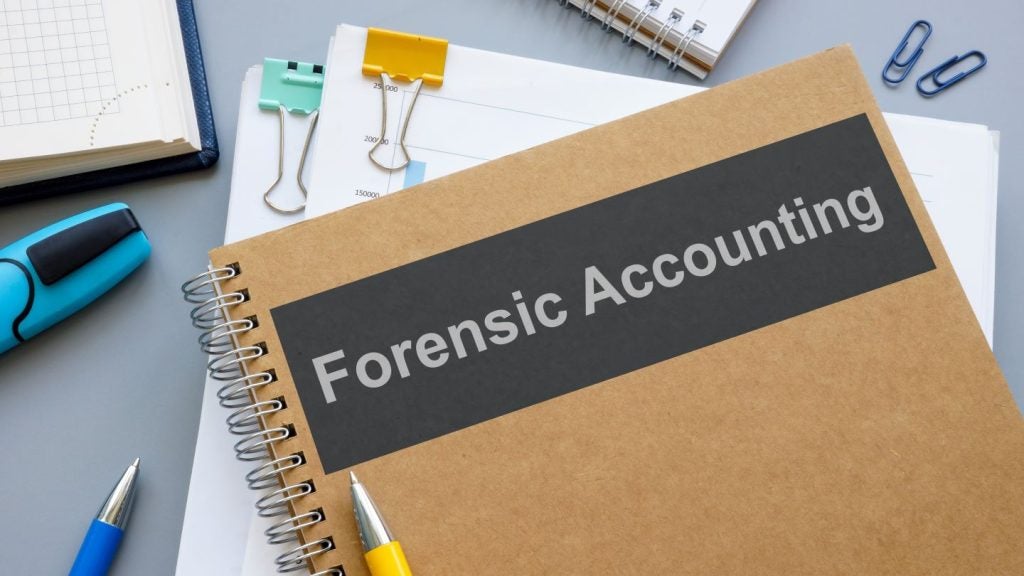Philip Youdan, Partner at Cripps Pemberton Greenish
Identifying Probate Fraud, Preventing Fraudulent Activities
The death of a loved one is an incredibly difficult time for their friends and family. Tragically, however, this also presents an opportunity for fraud. In this article, we will look at certain types of probate fraud and explain what to be aware of and how to respond.
Will Fraud
We are frequently asked to advise in circumstances where either a Will has been produced that is suspicious, for example it contradicts statements made by the deceased, is handwritten or made shortly before death, or where a Will cannot be found in circumstances where the deceased told family and friends that one had been prepared.
Whilst, in either case, there might be a legitimate explanation, such warning signs could be indicative of fraud. Examples of fraud in connection with the preparation of a Will include:
- Making false statements to persuade the deceased to make or changes the terms of a Will, known is “fraudulent calumny”;
- Exerting undue influence upon the deceased;
- Forgery; or
- Destroying or otherwise concealing a genuine Will.
Where a suspicious Will is produced, investigations can be made to try and determine its authenticity. Where the Will is professionally made, a copy of the Will file can be requested.

US Tariffs are shifting - will you react or anticipate?
Don’t let policy changes catch you off guard. Stay proactive with real-time data and expert analysis.
By GlobalDataIf the Will was prepared by someone connected to the deceased, statements can be taken from the witnesses as to their recollection. Where the person involved in preparing the Will stands to benefit from it, either directly or indirectly, a Court will regard this as creating ‘suspicious circumstances’. The more suspicious the circumstances, the less likely that a Court will uphold such a Will.
In cases where it is believed that deceased’s signature to a Will is a forgery, expert handwriting analysis can be obtained.
Where a Will cannot be found, there is a presumption that it has been destroyed and is no longer valid. However, through the process of reconstruction, it may be possible to obtain a grant and administer an estate based on copy or an unsigned version of the Will and even based on the evidence of persons who saw the signed Will.
To counter the risk of Will fraud, the most effective steps are those take before death. This will include:
- Using a solicitor to prepare your Will and retain either the original or a copy;
- Telling family and friends, or other professionals, in writing that you have made a Will, where the original is being stored and provide them with a copy.
After death, if you suspect Will fraud, you should immediately register a Caveat. A Caveat prevents a grant being issued (provided it has not already been issued) and gives those concerned time to take legal advice and make proper investigations.
Missing funds and fraudulent claims
It is common for concerns to arise over the status of financial transactions involving the deceased. These concerns typically relate to either:
- Payments made from the deceased’s funds before their death; or
- Claims that debts are owed by the deceased that need to be repaid from their estate.
Where a beneficiary or personal representative believes that funds have been taken from the deceased prior to death, an investigation can be made to ascertain what funds have passed, when and in what circumstances. An explanation can then be sought and legal advice should then be obtained.
Whilst an individual who has sufficient mental capacity is able to make gifts immediately prior to death, transfers made shortly before death can be challenged especially where the deceased is old or frail, have the effect of undermining their Will and there is no evidence that transfers made were intended to be gifts.
A personal representative must only pay genuine debts. Where a suspicious claim is presented, this can and should be investigated. Sadly, personal representatives are increasingly being targeted by fraudsters claiming to be creditors or even lawyers or HMRC. The aim is to persuade the personal representative to settle fraudulent claims from the estate.
Personal representatives should be alive to such schemes and undertake proper due diligence before settling any debt. It may be prudent to instruct a solicitor to assist with the administration process and to review and consider large debts before making payment. In certain situations, the authority of the Court can and should be sought before making payment as, where false claims are paid by personal representatives, they can be accountable to beneficiaries for losses sustained.
Fraud by Personal Representatives
Those responsible for collecting in an estate and distributing it in accordance with a Will or under the intestacy rules have a duties arising from their position.
If they act in breach of duty, they can be removed from their position and be made liable for losses suffered by the beneficiaries.
A failure to distribute an estate in accordance with a Will or the intestacy rules, for example if a personal representative seeks to benefits themselves or their family to the detriment of other beneficiaries, would be fraud and amount to a breach of duty.
In circumstances where beneficiaries are concerned over the conduct of a personal representative, there are steps that can be taken.
A common sign of improper behaviour is an unwillingness on the part of the personal representative to provide or share information about the estate. To tackle such fraud, beneficiaries can, as an initial step, apply to the Court or the Probate Registry for an order that the personal representative provide information concerning the assets and liabilities of the estate.
Summary
The opportunities to commit probate fraud are increasing and, with the value of an average estate also growing, so is the financial incentive to do so.
The risks of such fraud can be reduced both by taking action to record and document matters properly before death and by personal representatives and beneficiaries taking legal advice where there are concerns as to fraud.
In all cases of suspected fraud, as well as taking early legal advice, it is often wise to report the matter to the Police.







